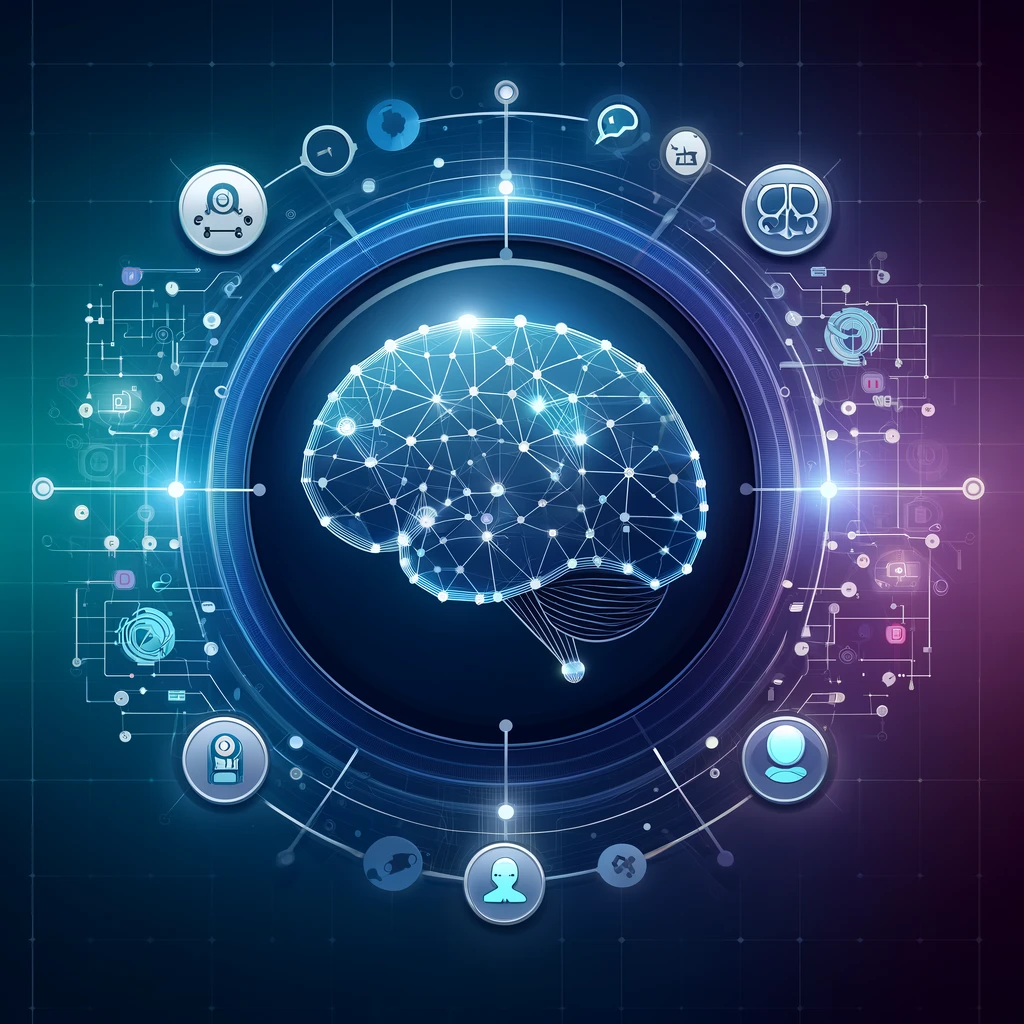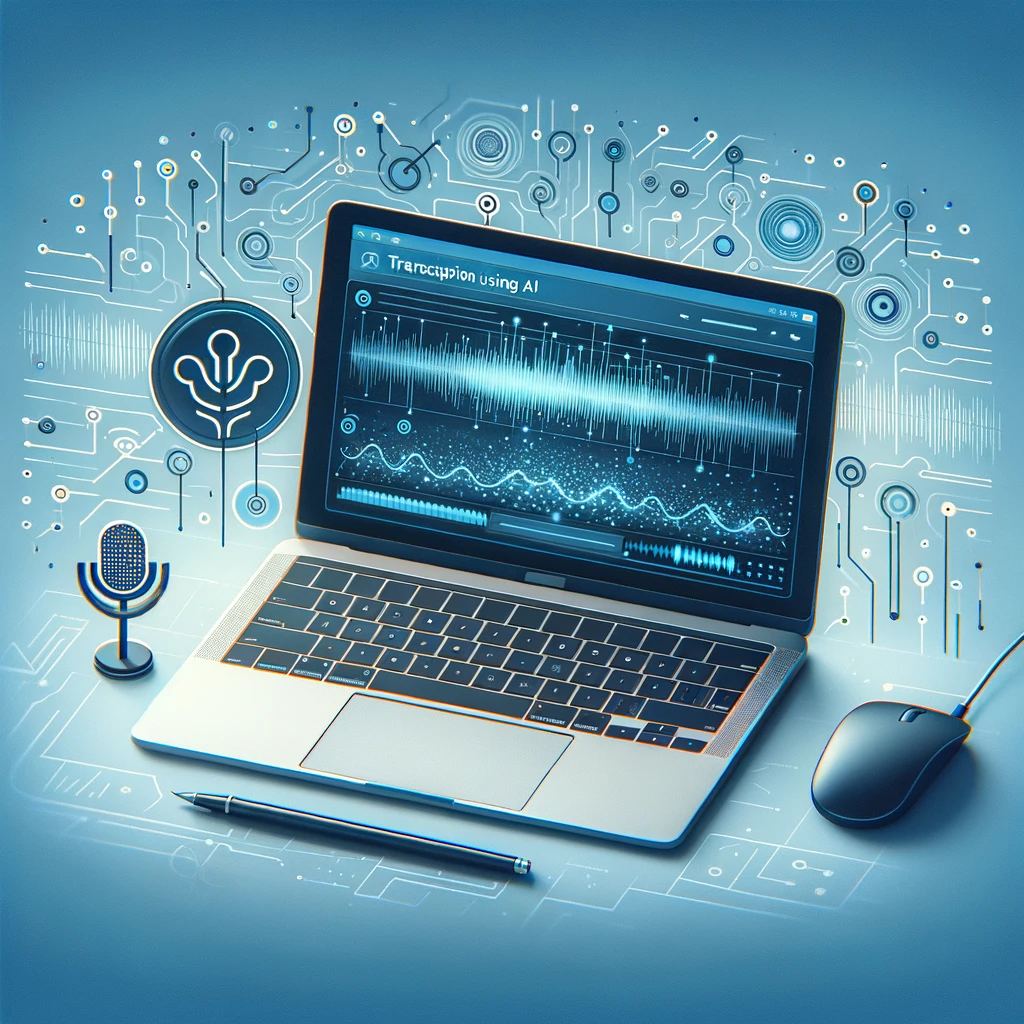The field of medical technology has witnessed remarkable developments in recent years, revolutionizing the way we deal with health care. From advanced imaging techniques to advanced therapies, advances in treatment and diagnosis are now supported by cutting-edge innovations that have improved patient outcomes, enhanced accuracy, and redefined the future of medicine. In this article, we will explore the latest developments in medical technology and its profound impact on the world of treatment and diagnosis.

precision medicine
Precision medicine allocates health care based on a person’s genetics, lifestyle, and environment. This is done by analyzing a person’s unique genetic composition. Specific genetic variables and biomarkers that affect disease susceptibility and response can also be identified. This approach also designs treatments, medicines, and prevention strategies. It enhances medical effectiveness, reduces side effects, and enables early detection of diseases. This revolutionizes health care through a more personalized and effective practice.
AI in diagnosis
Using advanced algorithms and data analysis AI can quickly and accurately analyze large sets of patient data, medical images, genetic information, patient records, and research papers, to help doctors in accurate and timely diagnoses. It helps detect diseases, such as cancer, cardiovascular disorders, and neurological conditions with high accuracy. It also provides treatment recommendations, predicts patient outcomes, and reports anomalies. This innovative use of artificial intelligence thus improves the accuracy of diagnosis and reduces errors and thus improves patient care in various areas, such as radiology, pathology, and dermatology.
Telemedicine and Telemedicine
Telemedicine has gained momentum, especially in the wake of the COVID-19 pandemic. It provides access to health care beyond traditional boundaries. such as conducting virtual consultations with healthcare professionals using video and other digital communication platforms for example. Thus, this enhances the patient’s comfort and accessibility in different circumstances. Remote monitoring also uses IoT devices and wearable sensors to track vital signs and chronic conditions. to provide real-time data. Thus, it provides doctors with valuable data for diagnosis and therapeutic decision-making. These techniques not only change patients’ care but also reduce the burden on health-care facilities.
Robot-assisted surgery
Combines robot accuracy and surgical experience. Surgeons control robotic systems to perform complex procedures with enhanced precision through smaller incisions. This approach reduces the patient’s discomfort as it relieves surgical intervention. It also reduces blood loss, shortens recovery time, and improves surgical outcomes. Robotic systems also provide 3D visualization, intuitive controls, and an improved working environment. Robotic-assisted surgery is also used in various medical specialties. From urology to orthopedic surgery, which revolutionizes surgeries for patients.
Nanomedicine
Nanomedicine uses very small medical materials and devices to perform accurate diagnostics and treatments. Applications range from drug delivery systems to diagnostic tools. Nanoparticles can be engineered to deliver targeted treatments directly to diseased cells, increasing the effectiveness of the drug and reducing side effects. In addition, nanoscale sensors and imaging agents allow early detection of diseases, accurate imaging, and surveillance of treatment response. Hence better patient management as well as improved outcomes.
3D printing
It allows the creation of implants, prostheses, organs, and even patient-specific anatomical models for surgical planning. This innovation enhances the accuracy and effectiveness of treatments as surgeons can use 3D-printed models to practice complex procedures. Improve surgical outcomes and reduce surgery time. Furthermore, 3D bioprinting augurs well in tissue engineering and regenerative medicine. It is expected to revolutionize areas such as organ transplantation, through the production of immune-compatible organs in patients.
Gene modification and gene therapy
The editing of Gene allows precise modification of the genes responsible for diseases. Gene therapies include identifying, repairing, or replacing defective genes. This provides hope for genetic disorders that were previously considered incurable. These developments have tremendous potential for treating genetic diseases at their roots, thus providing patients with new possibilities for a healthier life.
These pioneering innovations transform health care and enable early detection of diseases, simple surgical intervention procedures, and personalized treatments. As medical technology continues to evolve, it carries enormous potential to meet complex medical challenges, improve access to health care, and ultimately improve the quality of life for patients around the world.


